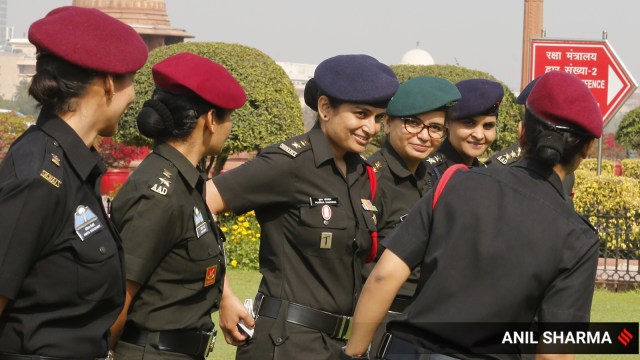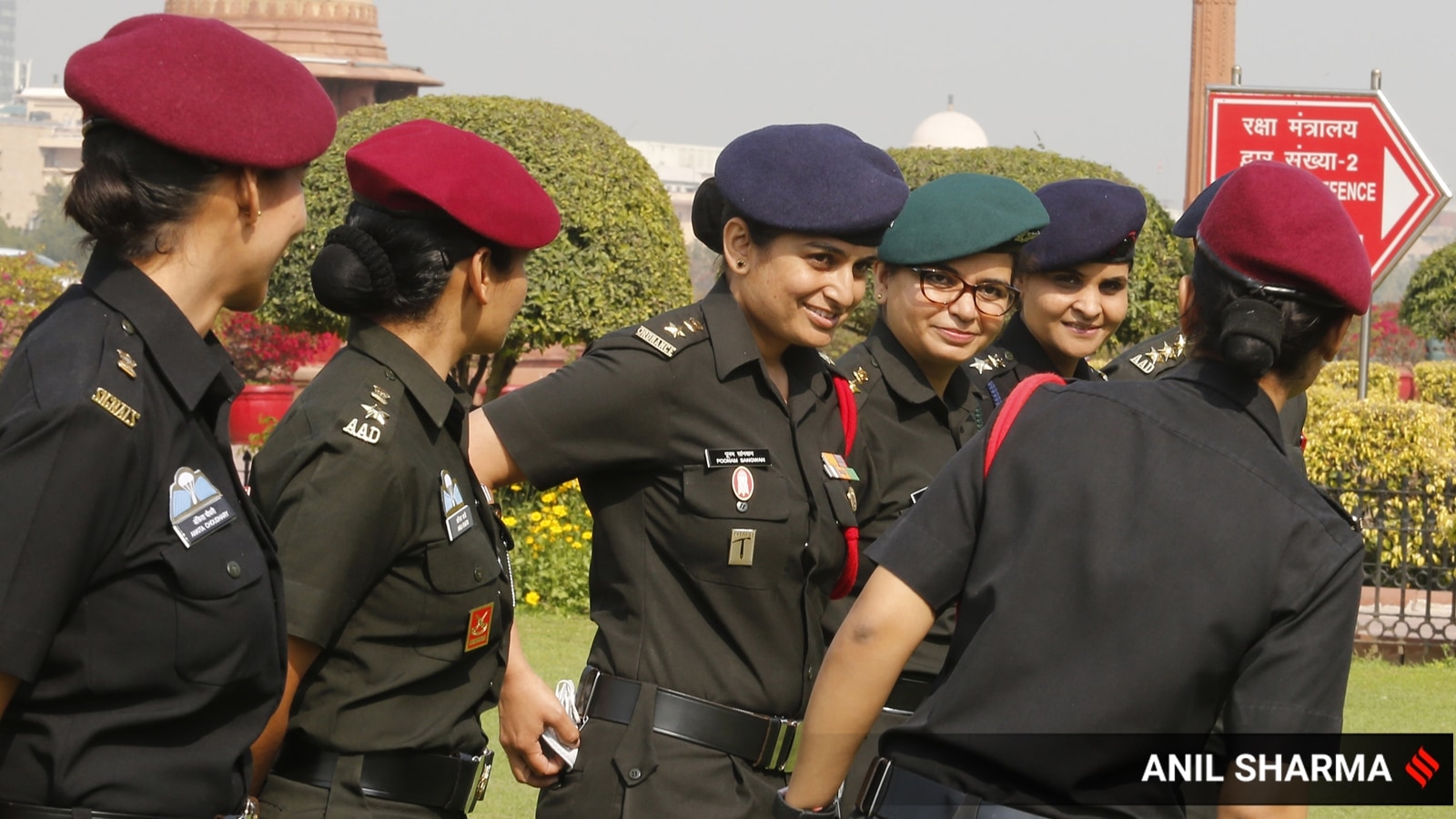

Dec 2, 2024 22:18 IST First published on: Dec 2, 2024 at 19:34 IST
The leaked letter by a senior army officer that went viral recently, on the subject of “command by women officers”, shows that not only will women have to continue to fight for their right to equal opportunity at workplaces but that they will also be subjected to special scrutiny by those who might pass off personal judgment as “pragmatic performance analysis”.
The claims made in this letter do not indicate what research instruments were used, whether the sample size was valid, what the control sample was. There are other questions: Was the opinion of research subjects involved? Was a similar study done on men in CO positions at a similar length of their starting as COship? What were the metrics used to measure variables like lack of tact, empathy and mutual respect, holding of mistrust, overcompensating for softness, etc?
The letter identifies a total of seven issues and seven causes for these issues. It also suggests six remedial measures. To look at these is interesting — and quite funny. If the letter had not been signed, it could easily have been mistaken for a list of complaints from a manager in a small corporation rather than a senior officer of the gallant Indian army.
Any person irrespective of gender can err in a given assignment. It is precisely to guide them, in case of an error, that there are superiors and supervisory officers. There are other measures like counselling, annual appraisals, transfer recommendations and even departmental enquiry to monitor and evaluate the performance of COs.
The “issues” identified can at best be defined as gray. The language defining the seven issues is such that it seems that they are specific to women and that they are so insurmountable that nothing other than a complete overhaul of these positions would serve as a remedial measure. The writer of the letter states that women COs lack “empathy” and that there has been an increase in officer management issues over the last year. There is no mention of base data or percentage or a comparison to units led by men. Especially ludicrous is the comment that women leaders are either over-ambitious or lack ambition altogether. It’s not just women officers, sir — this could apply to any person with a job.
The causes of the perceived issues are equally ambiguous. The letter states that women officers were not trained to be COs, so they lack compassion, try to ensure a mean facade, etc. I believe the initial training of all cadres who join Indian Armed forces is all-round. Such comments are a slight to the academies that strive to train the men and women who join the prestigious services, and they are an affront to the faithful ustads who never differentiate between cadets while training them. It is hard to believe that all errors in management were done by one gender only and that experienced seniors cannot guide women COs to navigate any teething troubles. It also says women have “a desire to prove themselves”. A good boss would mould this desire to get the best output instead of complaining about it. The letter also states that women perceive a gender bias — I would argue that this letter itself is proof that the gender bias is not mere perception.
most read
Among the six remedial measures, the strangest one is that displaying the achievements of women in events such as “all-women bike rallies” should be avoided since they are already empowered. It also states that women celebrate minor achievements. If the mindset displayed in this letter finds concurrence among others, then no achievement by women could be considered minor.
Another remedial measure suggested is for spousal postings to be equated with postings on compassionate ground. This reeks of sexism — as if spousal postings are done as a favour only to women and have nothing to do with men.
The Indian Armed Forces are the bulwark of our country. There is no place for privilege or special treatment, and erring personnel must be re-trained or punished as per the department rules. However, there should be no room for loosely-based analysis of a handful of officers, some of whom may have been on the job for less than a year. Before anything changes, mindsets must.
The writer is an IPS officer. Views are personal


